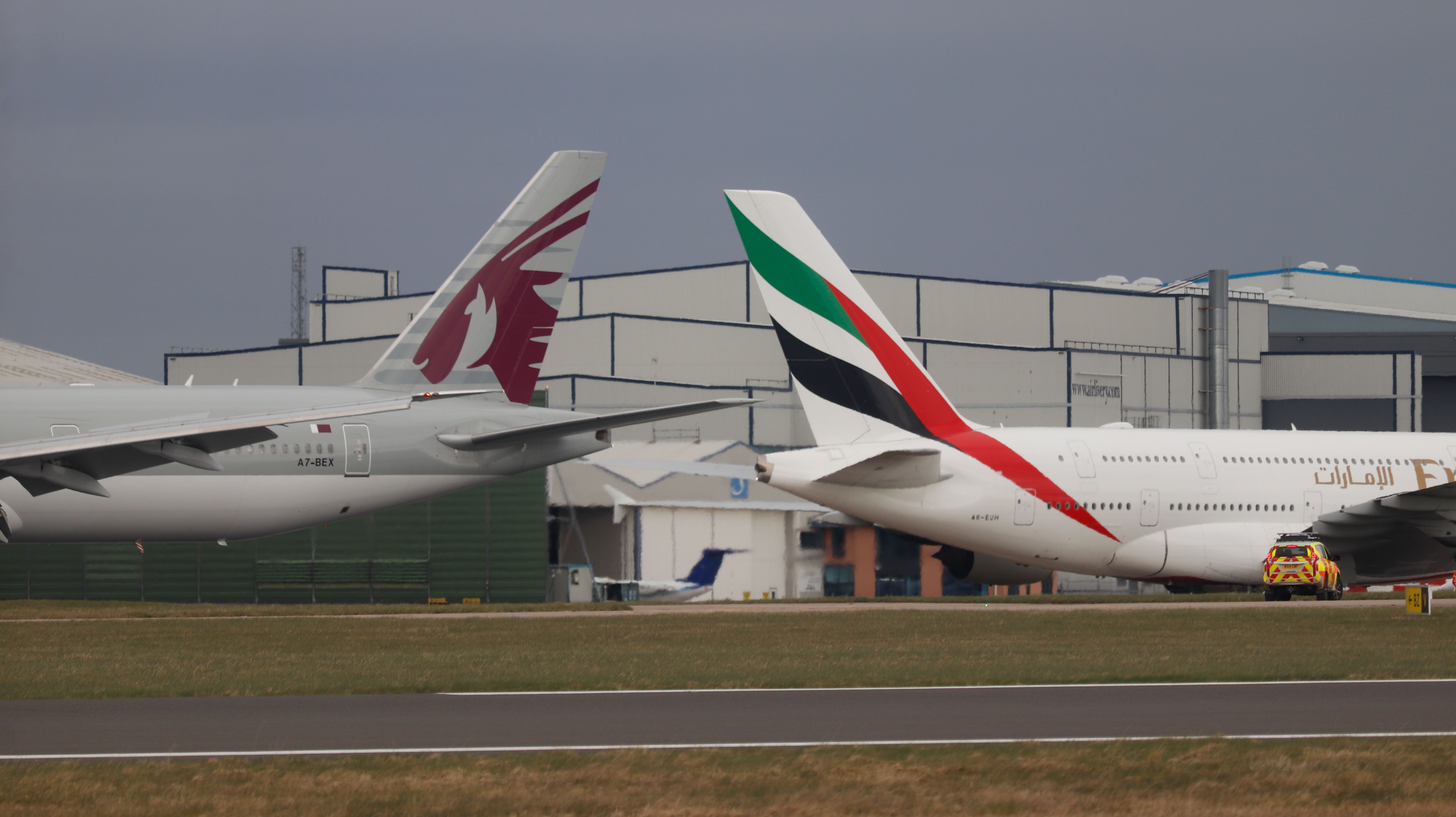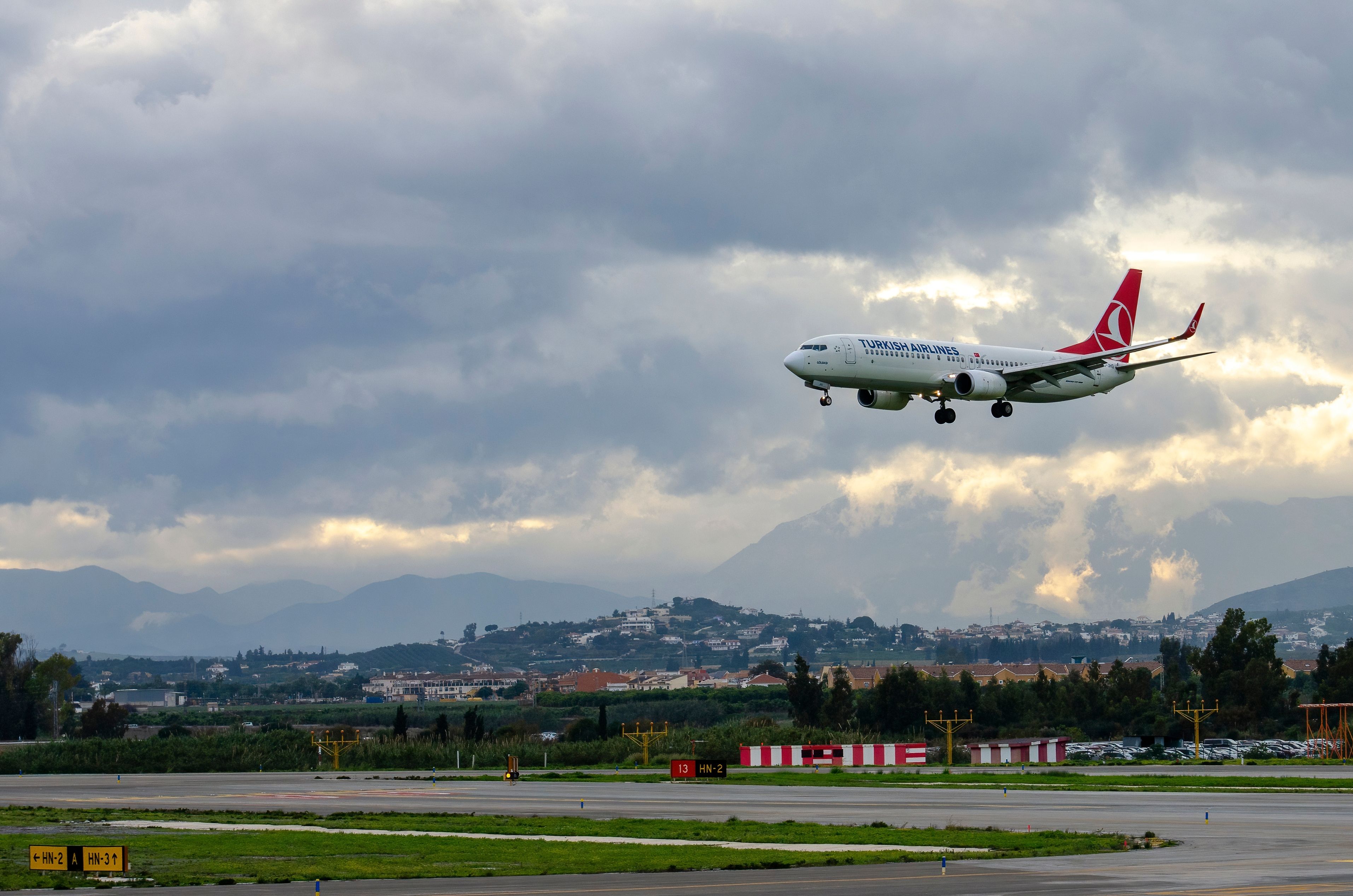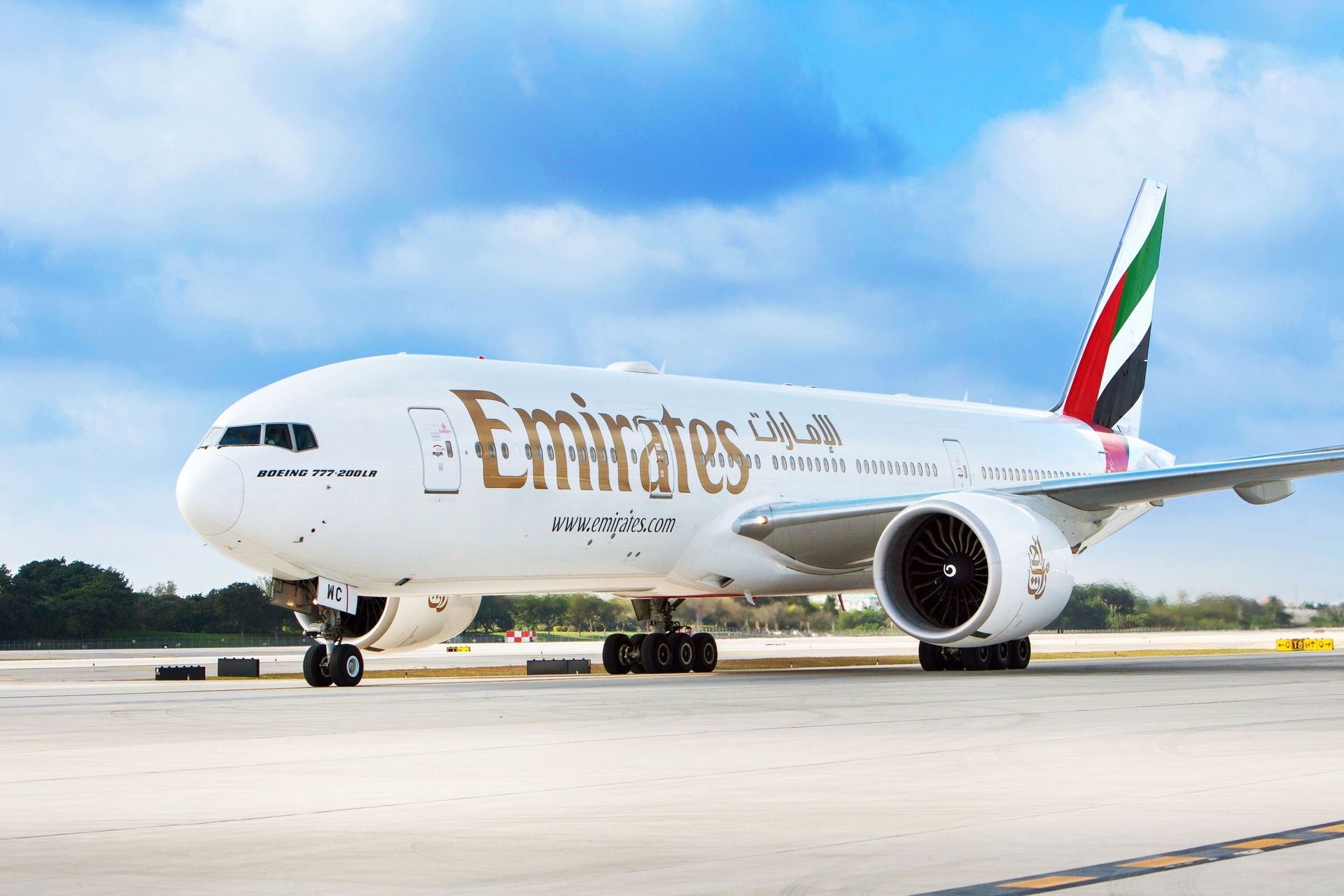Following the invasion of Ukraine, we saw a series of restrictions arise across the aviation industry. Subsequently, several European airlines now have to fly significant detours through Alaska or the Middle East to avoid Russian airspace.
This factor not only led to significantly longer flight times that will cost an airline more but will also have a greater environmental impact with higher fuel burn. In practice, we’ve seen the likes of Finnair suspend some flights to Asia and lose market share to its Asian competitors.
Significant shift
Speaking with Simple Flying, independent advisory firm Alton Aviation Consultancy, highlighted that due to these restrictions, Russian airlines have also lost market share to their Middle Eastern and Turkey-based competition, which has seen market share gains of about 20% between 2019 and 2022.
Turkish Airlines is the most prevalent carrier still flying to Russia since the war in Ukraine started. Last summer, it was flying a total of 1,395 services to the nation, providing 373 million seat miles to Russians.
Get the latest aviation news straight to your inbox: Sign up for our newsletters today.
Plenty to consider
It's not been all smooth going for Turkey-Russia air services. For instance, it was announced earlier this month that Turkish ground handling staff could stop servicing Russian carrier's Boeing aircraft. All in all, companies are under pressure to follow sanctions against the country.
Notably, western OEMs such as Boeing and Airbus have suspended support for aircraft operated by Russian operators, including no spare parts, maintenance, and technical services. As a result of the unilateral deregistration of Western-owned aircraft leased to Russian operators, many in the industry believe that future deliveries and resumption of support will be unlikely.
Alton's engagement manager, Alan Lim, and managing director, Mabel Kwan, explained:
“The Russian aviation sector is shifting towards self-reliance – but these efforts will take time to come into fruition. In the meantime, Russian operators have relied on cannibalizing existing foreign-built planes for parts in order to keep their aircraft in the air,
“This is only a short-term solution, however, as industry executives believe that the current spare inventories and parts on the aircraft can only sustain operations for less than a year.”
Check out all the latest European aviation news here.
Middle Eastern opportunities
Regardless, Turkish Airlines and compatriot Pegasus were joined by a host of airlines from neighboring states that continued connecting ex-Russian airline passengers across the globe. The likes of flydubai, Emirates, Air Arabia, Etihad, El Al, Egyptair, Qatar Airways, and Gulf Air all took advantage and carried on linking passengers after the sanctions began.
Several of these operators have existing powerhouse hubs in the form of Istanbul, Doha, Dubai, and Abu Dhabi. So, it's not surprising to see how quickly they can cater to demand.
This month, Jazeera Airways entered the fold. The Kuwaiti carrier began flights to Moscow Domodedovo with an Airbus A320neo.
It’s not only Russian carriers that have been losing out, but several neighboring airlines that have to fly the long route to avoid restricted zones. The airspace restrictions and sanctions on Russia are likely to continue well into this next chapter. Therefore, Middle Eastern nations are set to continue taking advantage of their location.
What do you make of the impact of the war in Ukraine on global airline operations? What do you make of the overall situation? Let us know what you think in the comment section.
Source: Alton Aviation Consultancy



